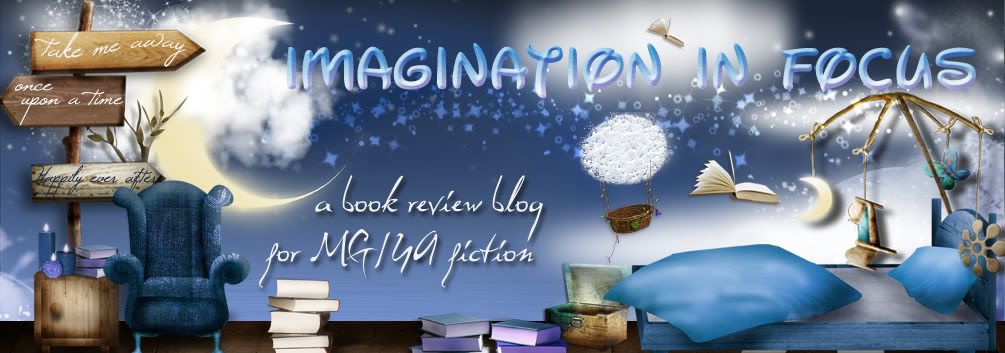 World and The Giver...maybe I've read more, but those are the only ones I can think of). Since I'm reading Uglies right now, dystopian novels are all the more interesting, so I started glancing through my copy, skimming over it and remembering why this is one of my absolute FAVORITE classics. Here are some of my thoughts:
World and The Giver...maybe I've read more, but those are the only ones I can think of). Since I'm reading Uglies right now, dystopian novels are all the more interesting, so I started glancing through my copy, skimming over it and remembering why this is one of my absolute FAVORITE classics. Here are some of my thoughts:What made this a successful dystopian (to me), and what made it so scary is that I could seriously imagine this society existing. It wasn't too far-fetched, and (unlike several of today's authors) Bradbury really didn't hit you over the head with the themes too much. They're pretty obvious anyway. Also, Fahrenheit is one of those few books that can be enjoyed by literally everyone: it's one of those books that draws everybody in. One of the reasons Bradbury holds my respect (and why I like this book so much) is because he doesn't take the easy way out and point the finger at one particular group; rather, he acknowledges (bluntly and truthfully) that
There is more than one way to burn a book. And the world is full of people running about with lit matches. Every minority, be it Baptist / Unitarian, Irish / Italian / Octogenarian / Zen Buddhist / Zionist / Seventh-day Adventist / Women's Lib / Republican / Mattachine / FourSquareGospel feels it has the will, the right, the duty to douse the kerosene, light the fuse….Fire-Captain Beatty, in my novel Fahrenheit 451, described how the books were burned first by the minorities, each ripping a page or a paragraph from this book, then that, until the day came when the books were empty and the minds shut and the library closed forever.
Well...he certainly nailed my group, haha, but what I liked about this book was that it is much more than just "censorship is BAD!" (which I believe, by the way. Down with banning stuff just because it makes you mad. Grow a backbone). Society here is totally dictated by the whims of minority groups, and they're allowed to set the standards for what is and isn't socially acceptable. His society is also full of gratification-gluttons and their mind-numbing state of happiness. Forget guilt, remorse, compassion or other displays of morality. What's so intriguing in this world is also what is the most terrifying.
And I can't help but wonder how watered down this book would be if it was published for the first time now, in this society. That reminds me of a part from the book:

"You must understand that our civilization is so vast that we can't have our minorities upset and stirred. Ask yourself, What do we want in this country, above all? People want to be happy, isn't that right? .... Well, aren't they? Don't we keep them moving, don't we give them fun? That's all we live for, isn't it? .... Colored people don't like Little Black Sambo. Burn it. White people don't feel good about Uncle Tom's Cabin. Burn it."
I'm so glad I read this in high school - the discussions our class had are just as memorable as the book. One of the days we were reading this in class, my teacher commented that most people miss the mark a little on this book. I remember him saying that this is the ALA & the ACLU's poster book on anti-intellectualism and anti-censorship, but ironically, they're not above censoring certain things, like religious material. What some call Separation, others call censorship. Everyone is culpable, and that's the tricky, possibly-complex thing about censorship: it's pretty much an all-or-nothing thing, but what doesn't work is to throw a hissy fit about certain books being censored (for whatever reason), but remain absolutely silent when other texts (and I'm not just talking the Bible) are stripped and/or removed. So what do you do? How do you create and maintain a society where every book is protected?
Ahh, don't you love books that make you think? Yes, Fahrenheit is one of the few dystopians I've read (besides Brave New World, which I liked, but was a little "out there"), but I'm sure glad I read it. And thank you, Mr. Bradbury, for giving us an engrossing cautionary tale, and of course, for "tellin it like it is." No one can call you a sellout :P
I don't know, but for some reason, Fahrenheit reminded me a lot of the 4th of July. It made me remember how fortunate we are to not live in Guy Montag's world. Just some nighttime reflection, that's all.
On a different note, we are not that much closer to August and school starting again. :(














